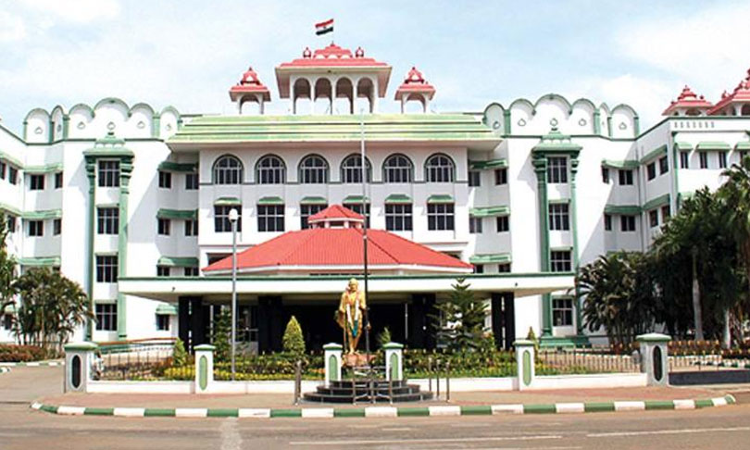Madras High Court: Two Division Benches At Madurai Dispose Of Over 8.6K Cases In 3 Months
Upasana Sajeev
6 Dec 2022 5:29 PM IST

Next Story
6 Dec 2022 5:29 PM IST
The Madurai bench of Madras High Court has set a new benchmark by disposing of more than 8,000 cases in just a span of three months, as reported by the Ministry of Law and Justice.Two division benches - one of Justice R Mahadevan and Justice Sathya Narayana Prasad and the other of Justice Anand Venkatesh and Justice Nisha Banu, later with Justice MS Ramesh together disposed of 8,612 cases...
